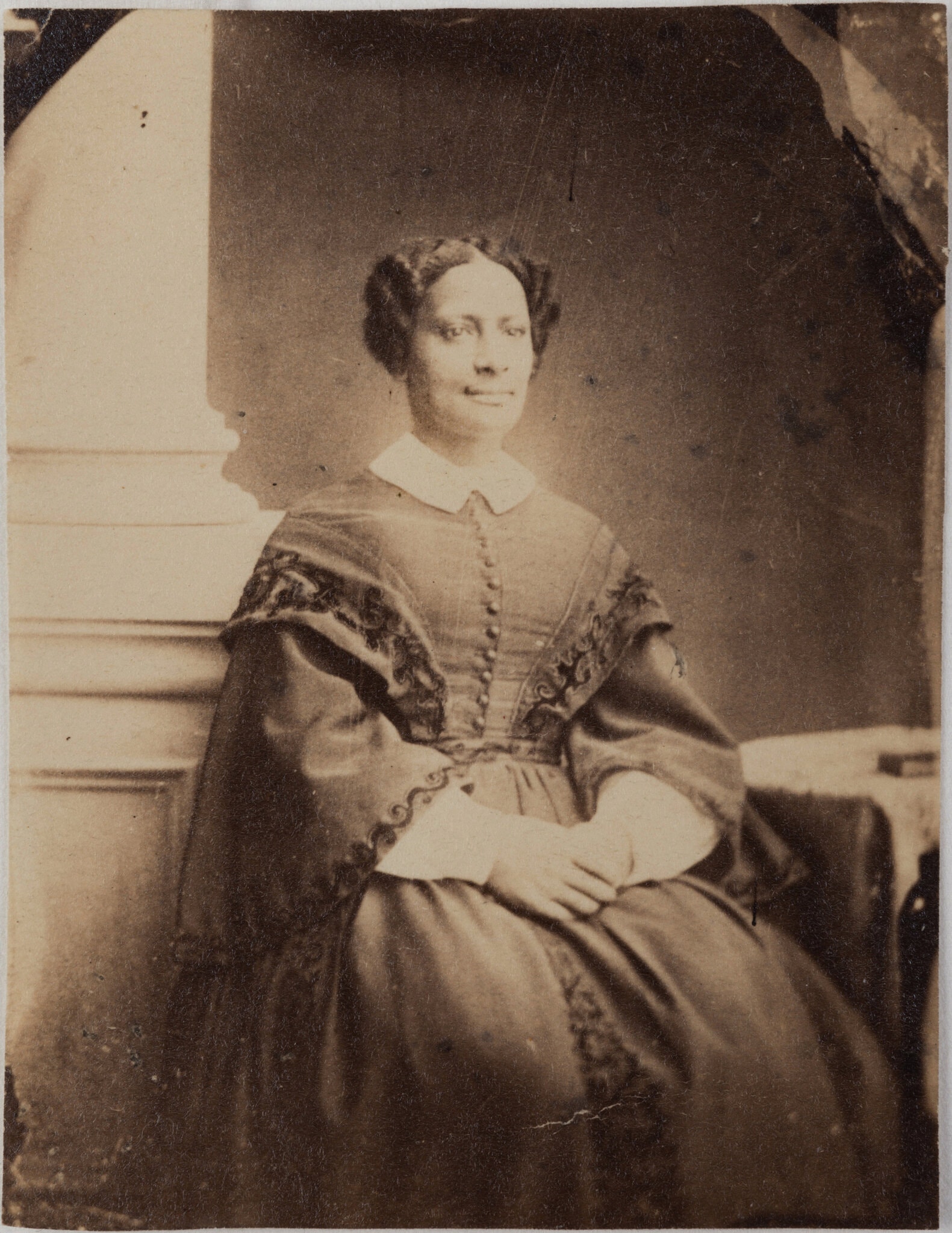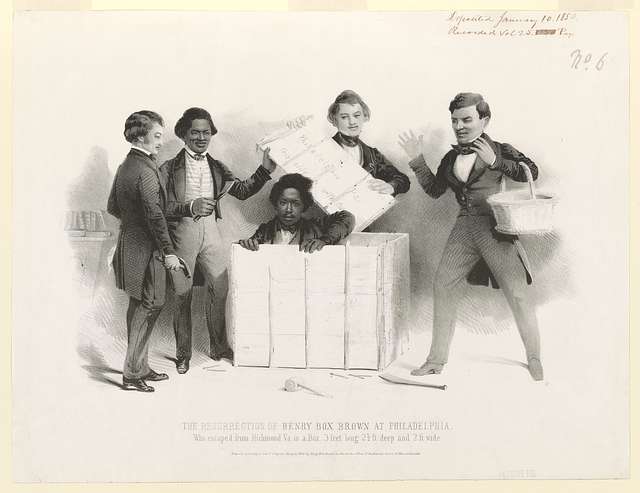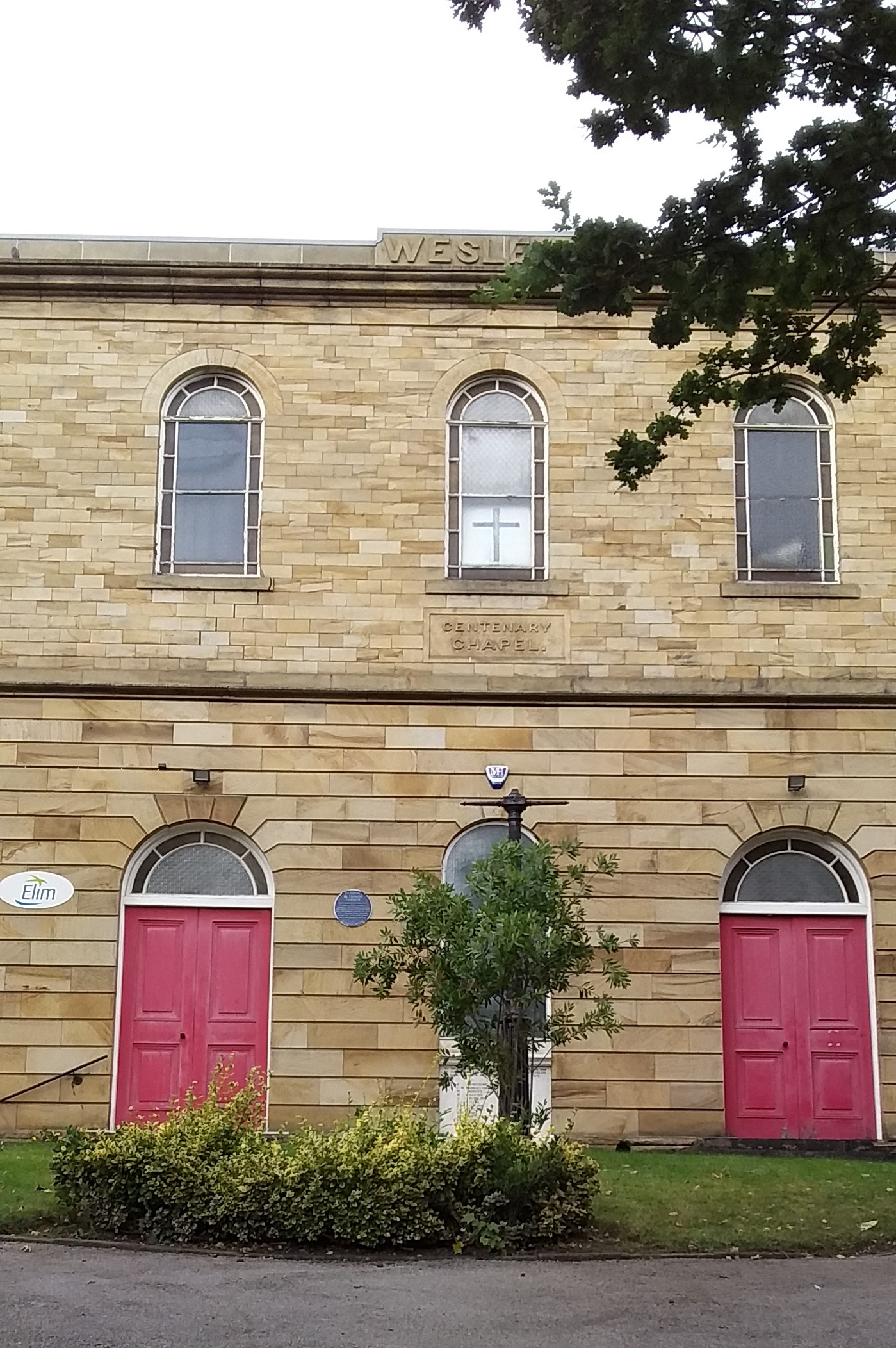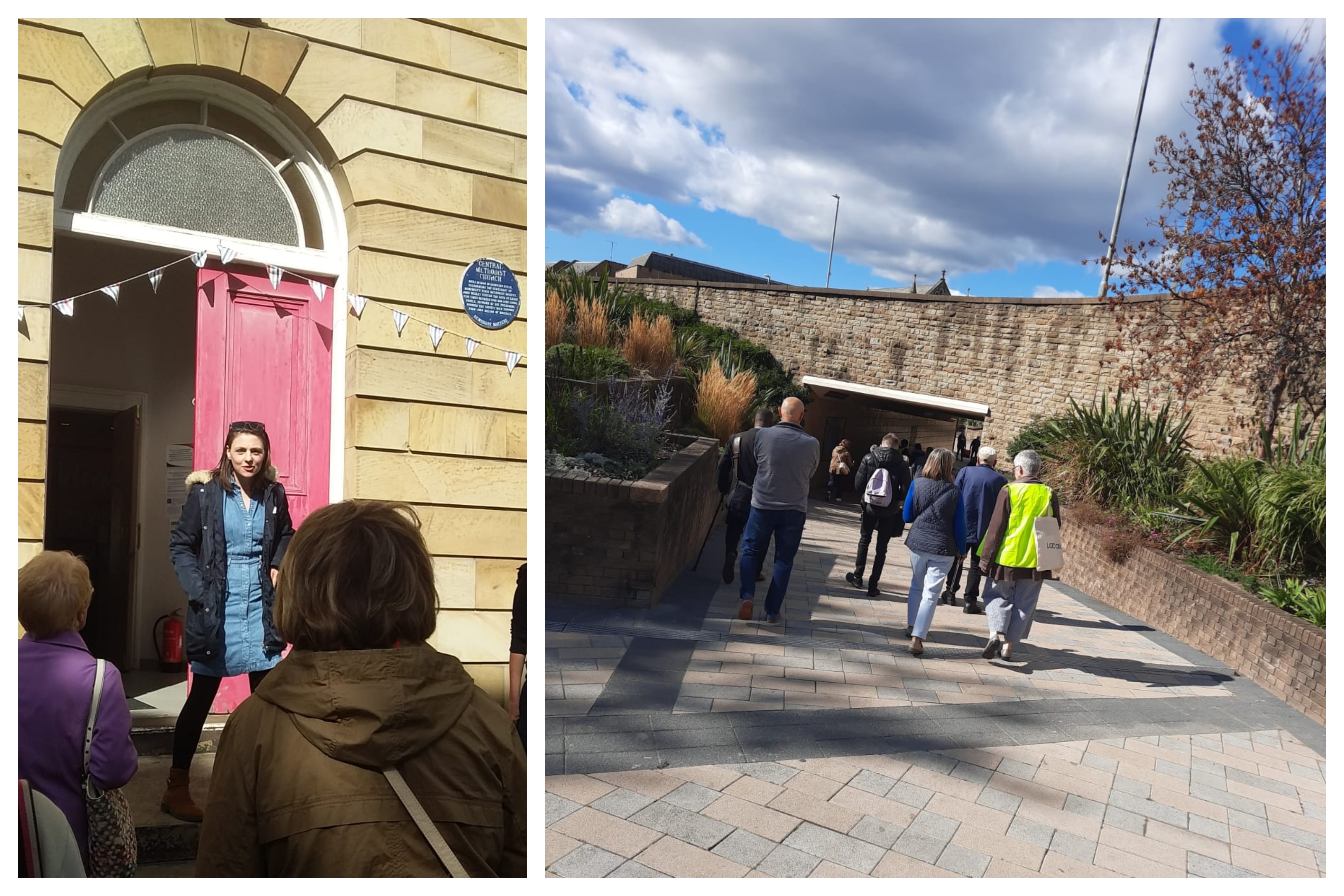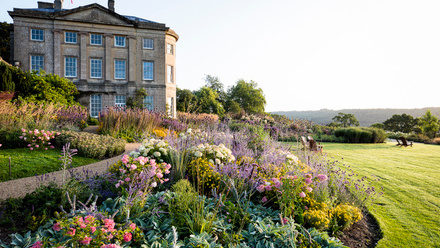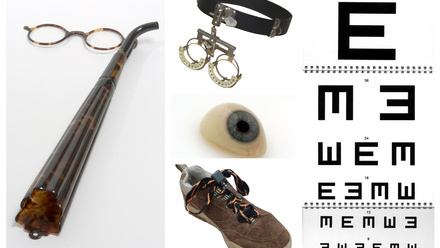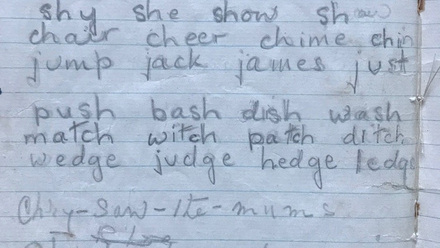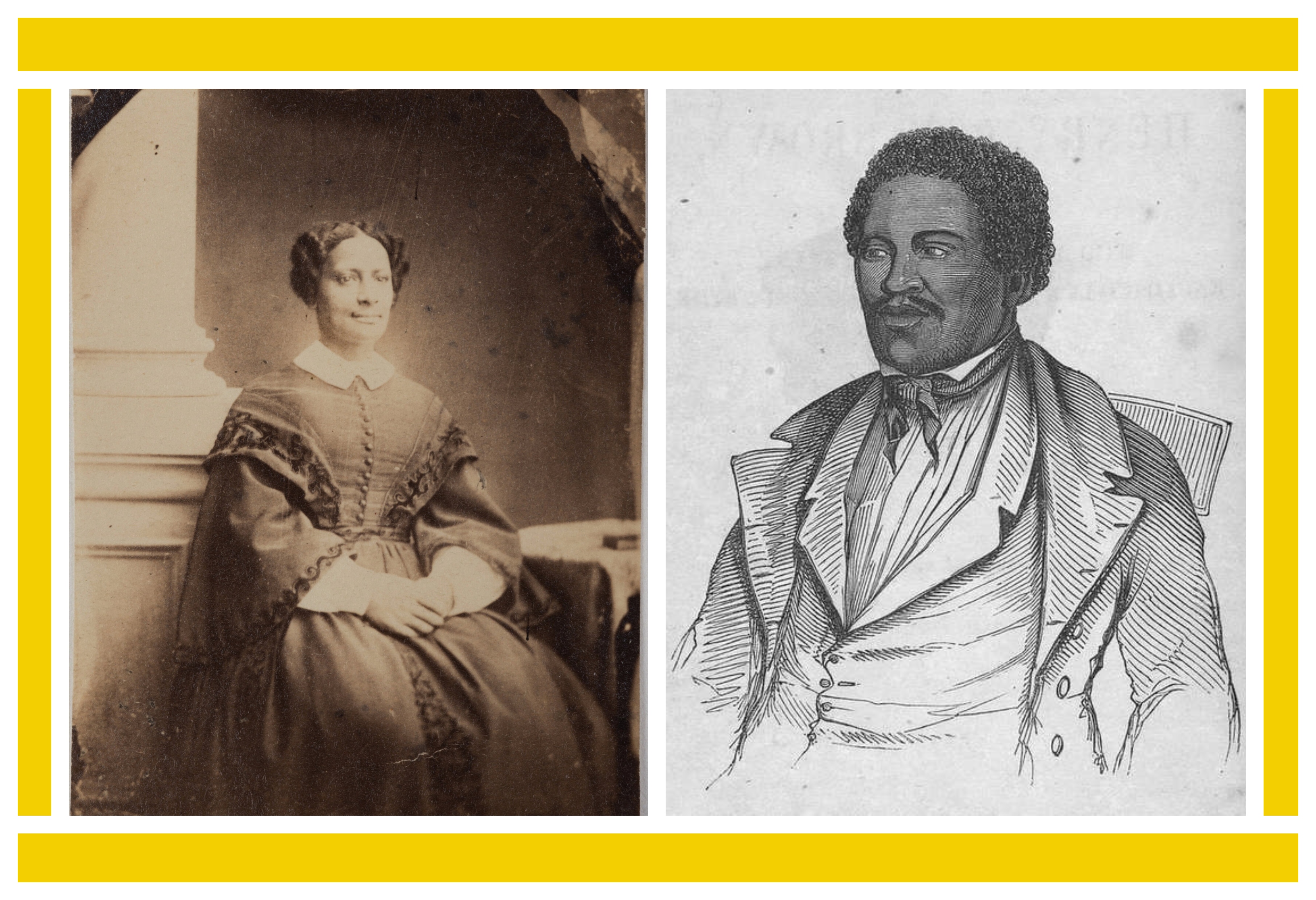
The movement to end the transatlantic slave trade is well documented however, what local residents may not know is that during the 19th century black abolitionists visited and campaigned in Dewsbury, Kirklees, West Yorkshire.
An exciting discovery
In 2020 I attended a Virtual Black Abolitionist Tour of London by Dr Hannah-Rose Murray where I learned two pieces of information that sparked our project. This was firstly that Frederick Douglass’s book, 'Narrative of the Life of Frederick Douglass, An American Slave', in the1800s outsold some of his contemporaries in terms of initial sales. Secondly Black Abolitionists during their 19th century tour of the UK visited Leeds, a city not far from Kirklees. Investigating further I was fascinated to find that black abolitionists, during their tour also visited Kirklees. So exciting!
Where did they visit?
While some of the locations the Black Abolitionists visited in Kirklees do not remain, Centenary Chapel in Dewsbury still does, and is in active use today as Dewsbury Elim Church. This historic and beautiful Georgian-style Centenary Chapel, built in 1846 to celebrate the centenary of Dewsbury’s first Methodist Society, has proven the perfect venue to visit and celebrate and discover more about a little-known historical aspect of Dewsbury.
At Dewsbury Elim Church, we visited an upstairs room, where we believe Henry ‘Box’ Brown spoke on 27 June 1851. it was described as a ‘Large Room behind the Centenary Chapel’. There was additional information displayed in this room for people to read while they enjoyed a coffee and a tasty slice of cake!
It was a lovely way for people to chat and get to know new people, sharing in this collective community history. We hope we made Henry ’Box’ Brown and Sarah Parker Remond a little bit proud as we continue discussions around fairness, equality, and human rights, today.
Find out more
- Kirklees Library
- Power of Protest: Black Abolitionists in 19th Century Kirklees - a virtual tour
- Interested in more local stories? Discover more on our guest blog such as: Norwich: a Black History, or Warrington's Wonderful Inventors

